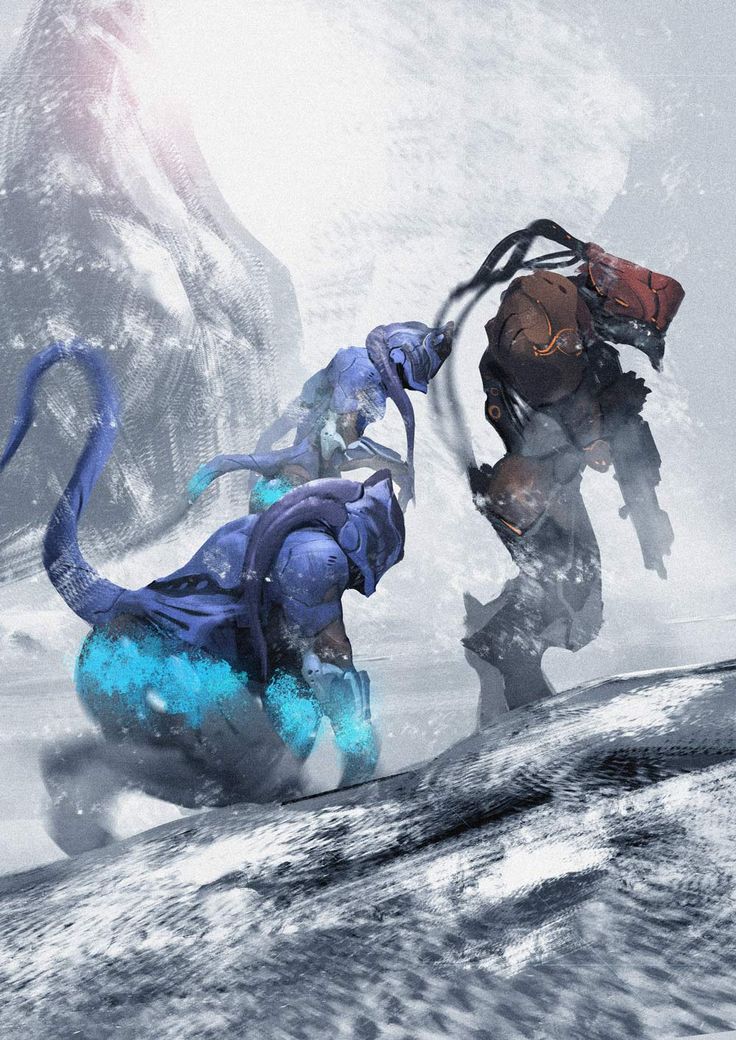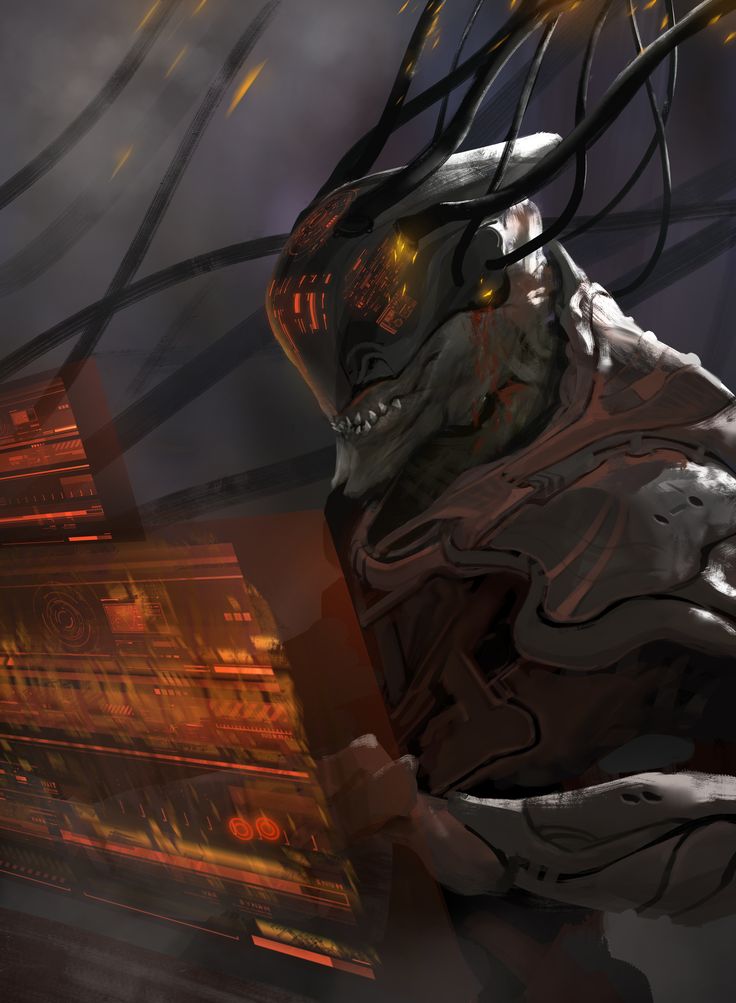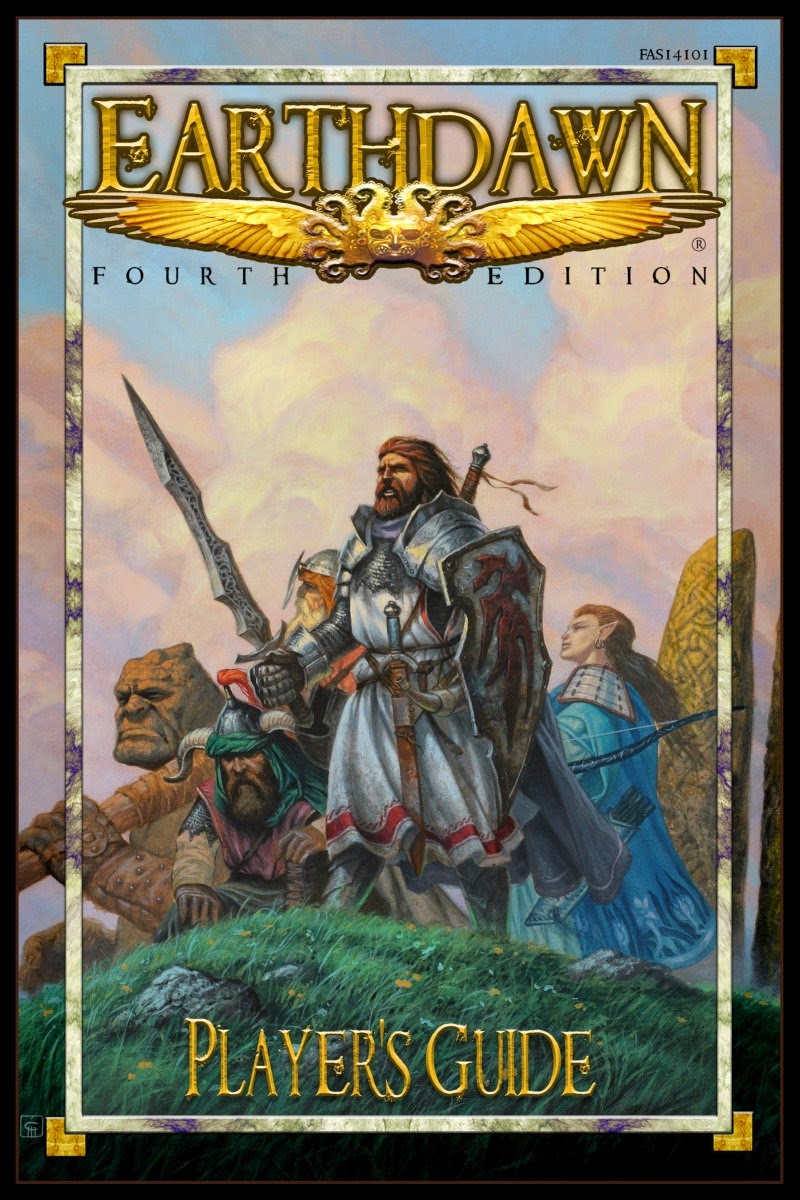 Looking for improving your GM skills? Tips on running a sci-fi RPG? There are plenty of great advice sites to read and communities like Roleplaying Games on G+ where you can ask for advice. There are ways and means of getting generic sci-fi RPG tips… but perhaps your looking for something special?
Looking for improving your GM skills? Tips on running a sci-fi RPG? There are plenty of great advice sites to read and communities like Roleplaying Games on G+ where you can ask for advice. There are ways and means of getting generic sci-fi RPG tips… but perhaps your looking for something special?
FAITH: The Sci-Fi RPG has funded on Kickstarter, with 2 days left on the clock, is a game were the gods are real and the universe is a struggle to survive. Sounds fun. How would you GM it?
Geek Native reached out to Burning Games, the creators of Faith, and invited them to share tips for GMs.
Burning Games’ advice on GMing FAITH: the Sci-fi RPG
Normally, a piece of advice would tell you what to do, instead of what not to do. However, we tend to think that the “don’ts” are much better advice, and they are much less restrictive. They just tell you a few things to avoid from among the infinite of possibilities that there are, still leaving you will infinite possibilities!
Thus, we will focus our tips to be an awesome GM while playing FAITH: the Sci-fi RPG in things you shouldn’t do. Here are some:
#1 Do not use confrontations to side with the PCs and confront NPCs, because that creates a deus ex machina effect that kills the thrill of the game. If you fear for the story or the PCs because the NPCs are winning, use a “plot twist” to save the day: A friendly NPC comes in to help, the NPCs try to take the PCs captive instead of killing them, or they offer a deal to the PCs to stop fighting (Why do NPCs always fight until the end anyways? Don’t they have families to come back to?), etc.
#2 Do not confront players when they perform mundane tasks, but instead lure them into playing high cards at times when they really need to achieve something. That will make their subsequent confrontations with NPCs much more interesting and tense, leaving you with high cards to aid important NPCs or prevent the story from derailing too much from its course. Save your high cards for when it matters!
The confrontations with the GM are there to add drama and interest to the story, not to substitute every last skill check you would make in other games.
#3 Do not make your NPCs mindless shooting machines unless the story requires them to be so. It is much more interesting to have small teams of NPCs behave intelligently and tactically: have them flank the PCs, throw smoke grenades, pin down PCs or any cool tactics you can come up with.
#4 Do not allow the PCs to take their respective gods for granted. Force them to put their beliefs to the test, see if they can handle it and if they follow them to the direst of consequences. If they cannot, maybe they should lose the support of their god…
Who are the gods of your players? That alone can help you create a story for them. Do they think very differently from each other? Have them be in situations in which they must reach a consensus. Have their characters evolve into their true selves, even if that means that they have to change Gods.
If they are followers of Kaliva, the most individualist god, make them see the terrible life of impoverished good people with no chances of success. Will they help them?
If they are followers of Vexal, the individual free thinker, put them in situations in which they must join a community if they want to save it. Will they sacrifice their individual freedom for the good of the community?
If they follow Hexia, the strict ruler that seeks the good of the community, see if they still think they represent the community’s best interest after committing a grand mistake. Will they listen to others now?
If they follow Ergon, the most democratic of gods, have them see what terrible things the masses can do to those minorities that think differently, will they take their own stance to stop it?
Finally, not everything can be “don’ts”. Like in many other RPGs, there are many things you can do in FAITH: the Sci-fi RPG that can make campaigns much more interesting. Here are some of our recommendations:
#5 Give secret agendas to your players to make them feel invested in the story before it even begins. Bring the drama of their backstories to the game. Let them use the details they gave to you while creating their stories, so the story you put together feels round and engaging.
#6 Not every NPC needs to be a bad guy trying to shoot at the PCs or to hack into their brains. Use friendly or neutral NPCs to drive the story forward: they are one of your most valuable assets. Without them interacting with the PCs, players tend to go about their own things and set themselves off the story. Informers, merchants, secret contacts, potential employers… all of them are interesting characters that will help you develop an engaging story when they interact with the PCs. They can provide them with information, convince them to change their minds, put them in compromising situations or put their beliefs to the test.
And last, but not least, remember that playing RPGs is all about having fun with your friends, and that should be your goal at all times. Enjoy the game and do not make it all about who succeeded or failed if it does not need to be so. And stay awesome!



